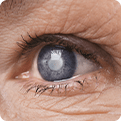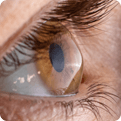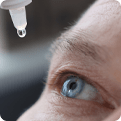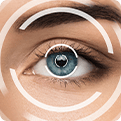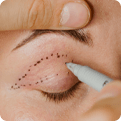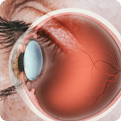If you have vision troubles, such as nearsightedness, farsightedness, or astigmatism, refractive surgery is a very particular method to correct and improve eyesight. Refractive surgery is one such procedure that involves correcting the eye’s focus by reshaping the cornea. Other procedures involve implanting a lens. LASIK, believe it or not, is one type of refractive surgery, where a laser is used to reshape the cornea to provide the desired results.
Preparing for Refractive Surgery
Like any medical procedure, there are necessary steps many patients may take to prepare for refractive surgery. For example:
- Stop wearing contact lenses – If you wear lenses, you may need to switch to eyeglasses full-time for a few weeks before the surgery takes place. Contact lenses distort the shape of the cornea, which may lead to an inaccurate measurement before surgery.
- Avoid eye makeup – Before the procedure, do not use any eye makeup, cream, perfume, or lotions for at least one day.
- Arrange a ride – Once the procedure is complete, you may not be capable of driving home on your own. Organizing a ride with friends or family is commonplace.
What to Expect
On the day of your refractive surgery, it is beneficial to know exactly what you can expect. Going in with some knowledge is a smart move.
For starters, your eye doctor will discuss the risks and benefits of refractive surgery, your expectations, and answer any questions you might have beforehand. The surgery itself takes just 30 minutes or less to complete. You’ll lie on your back in a reclined chair for the duration of the procedure. Overall, it is a completely quick and safe procedure.
Contact Us
To schedule an eye appointment with an experienced eye doctor, contact Your Eye Specialists by calling (302) 454-8800. Furthermore, we would be happy to address any questions or concerns you may have!

